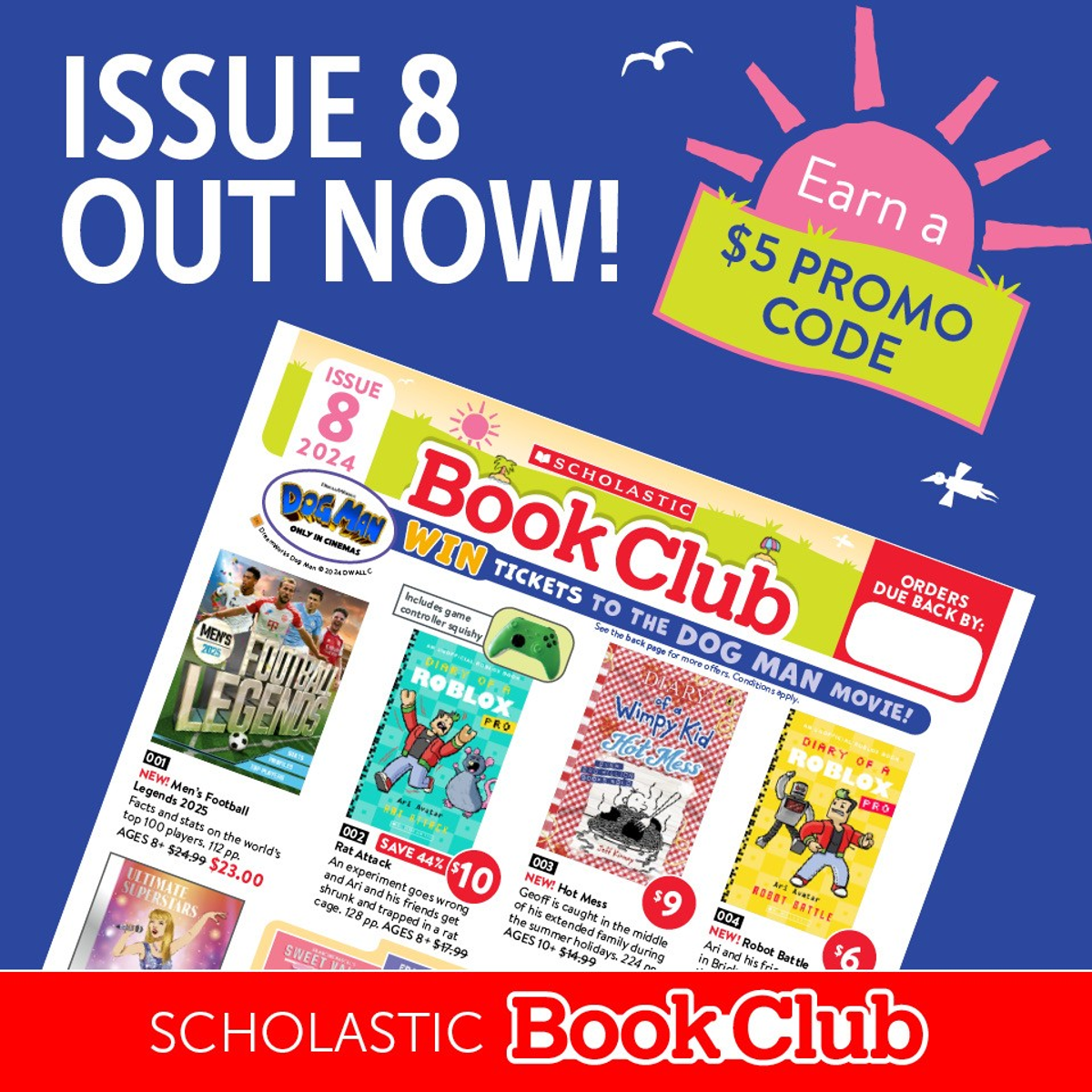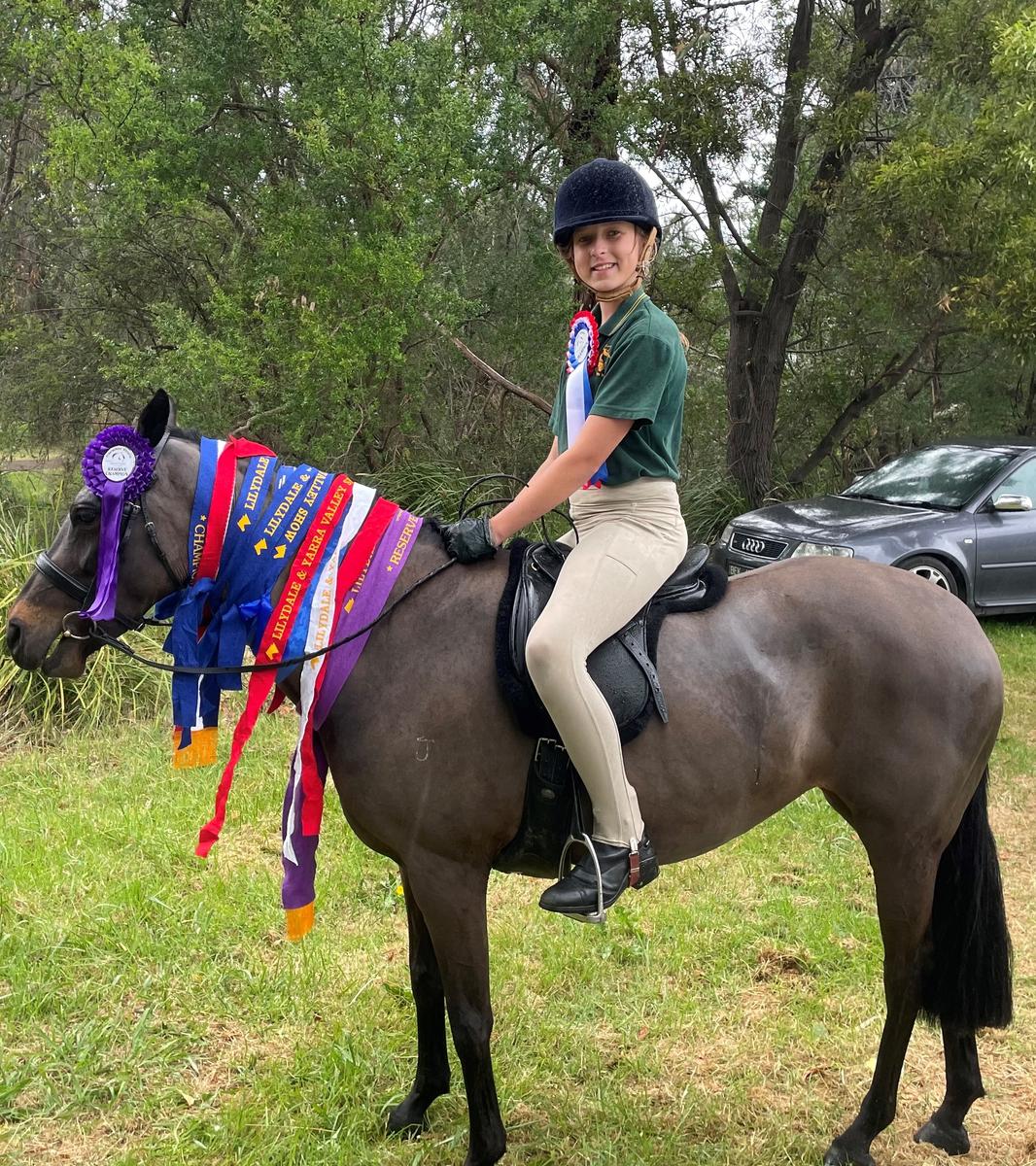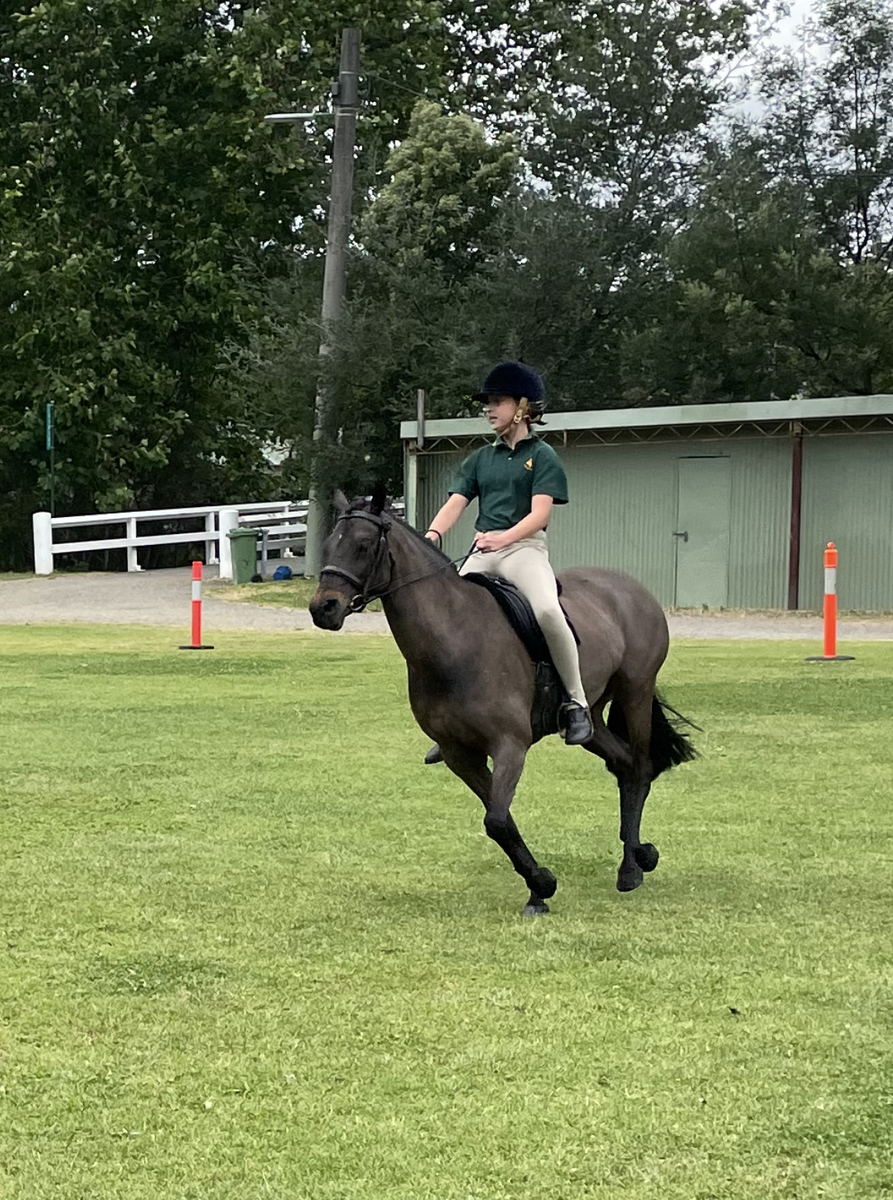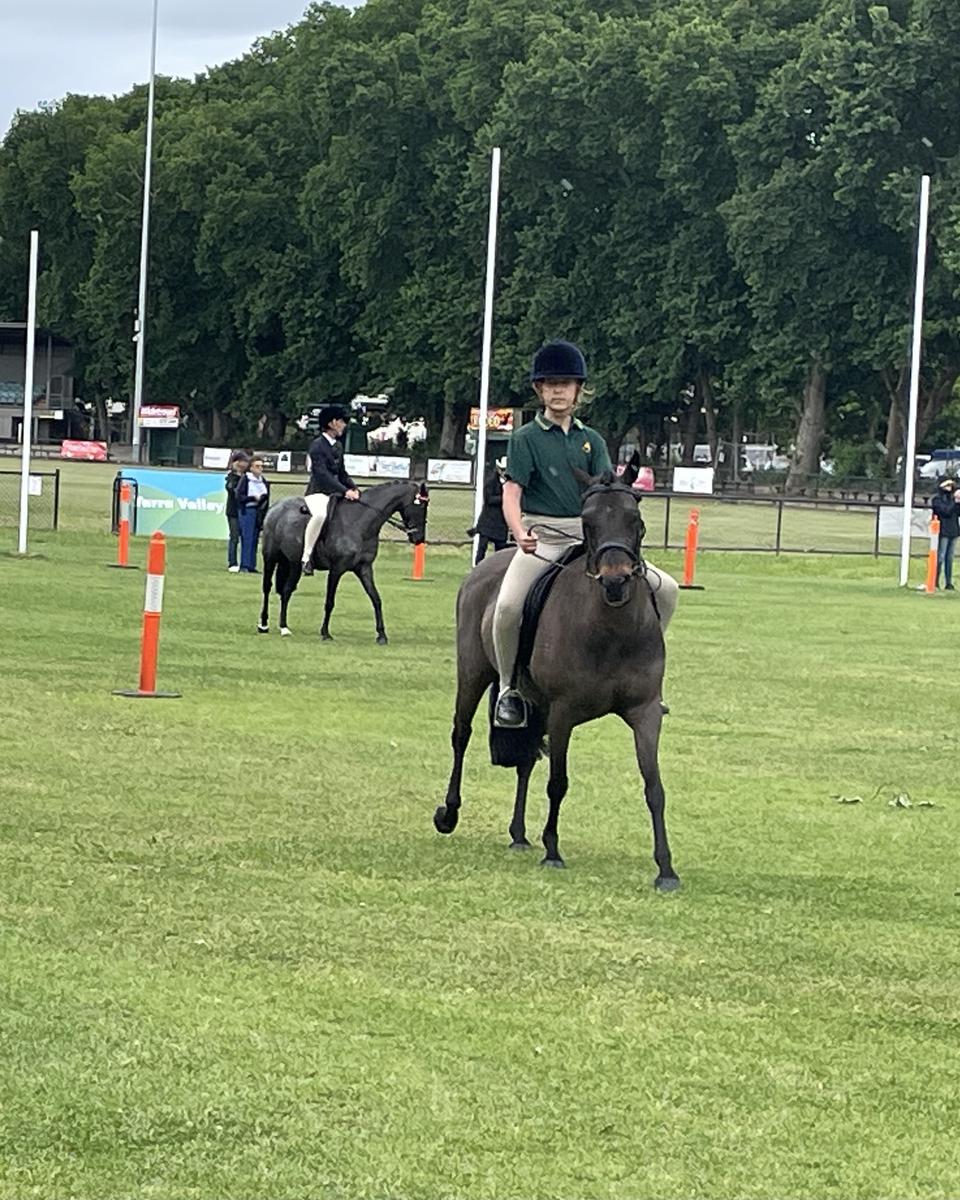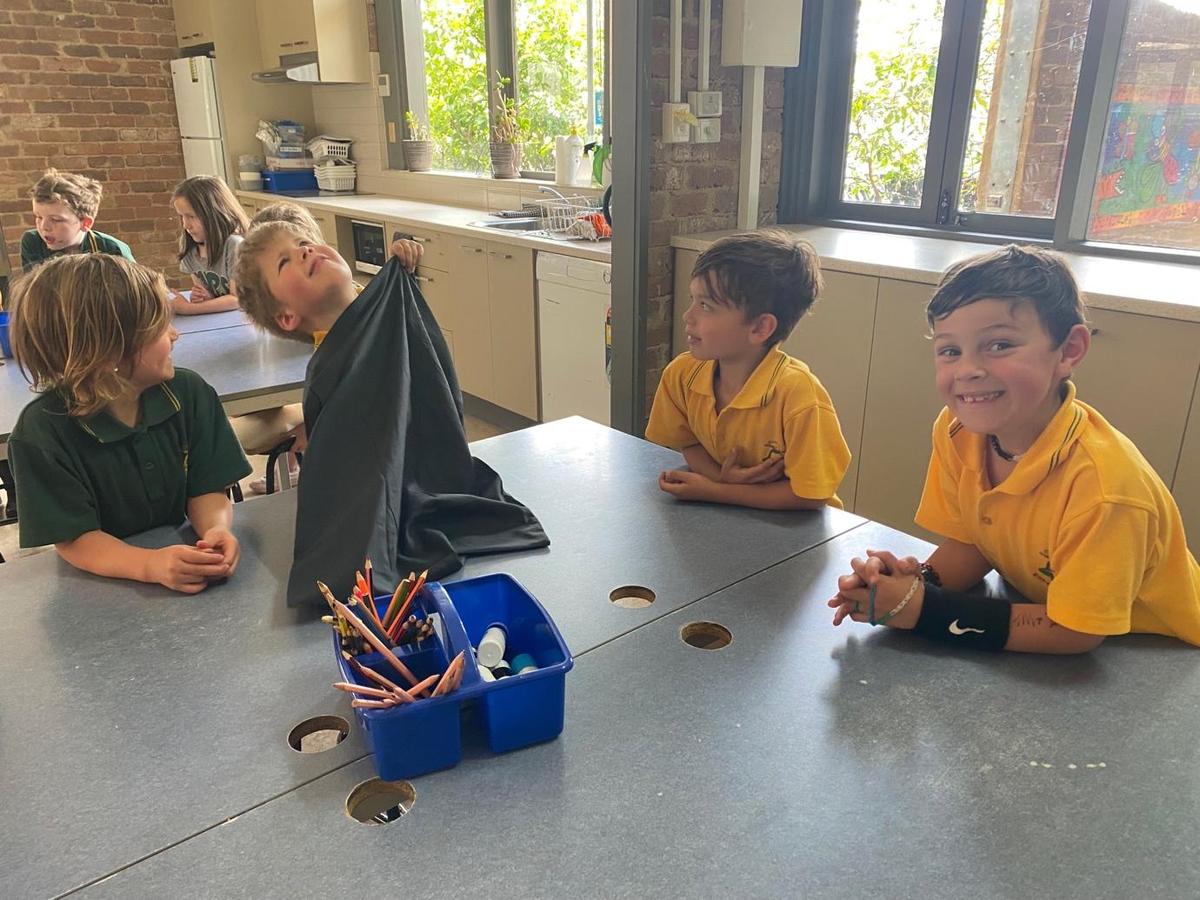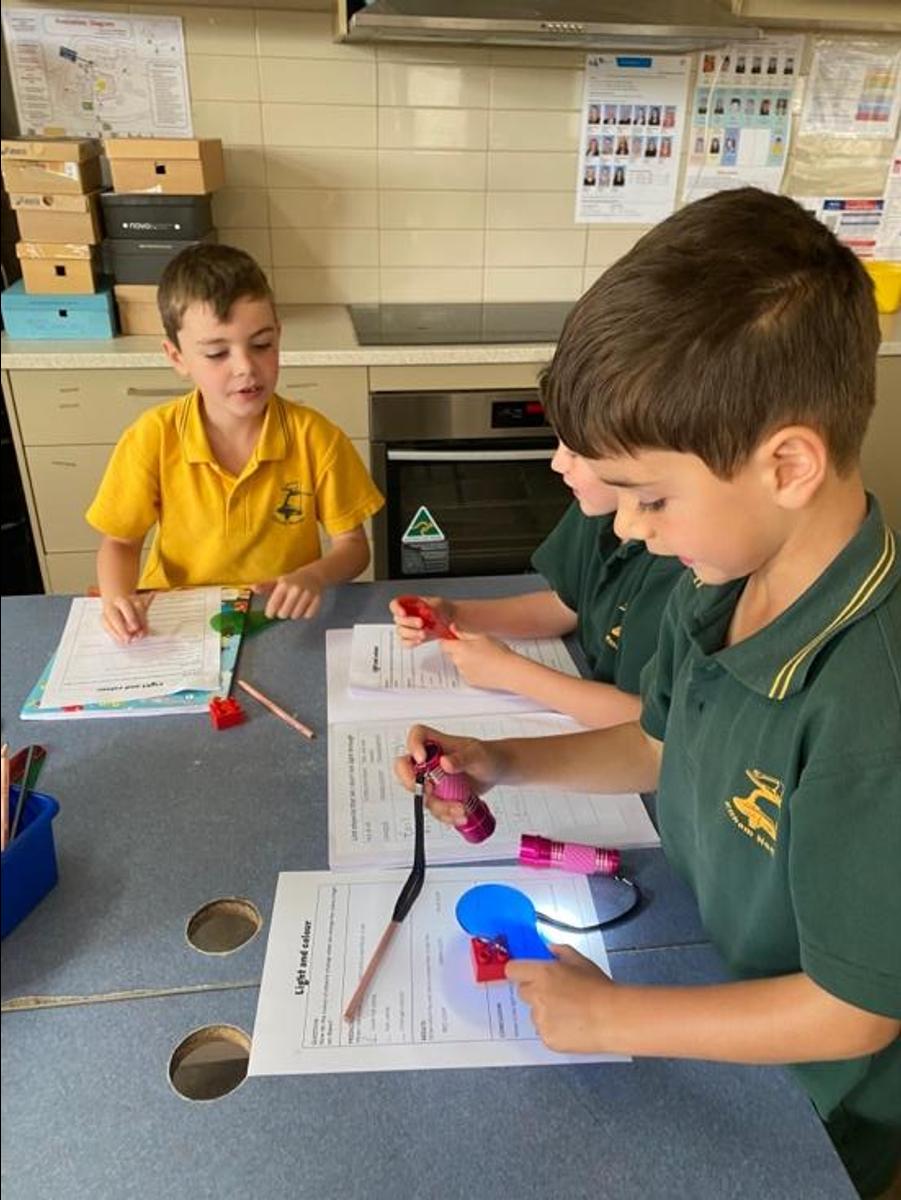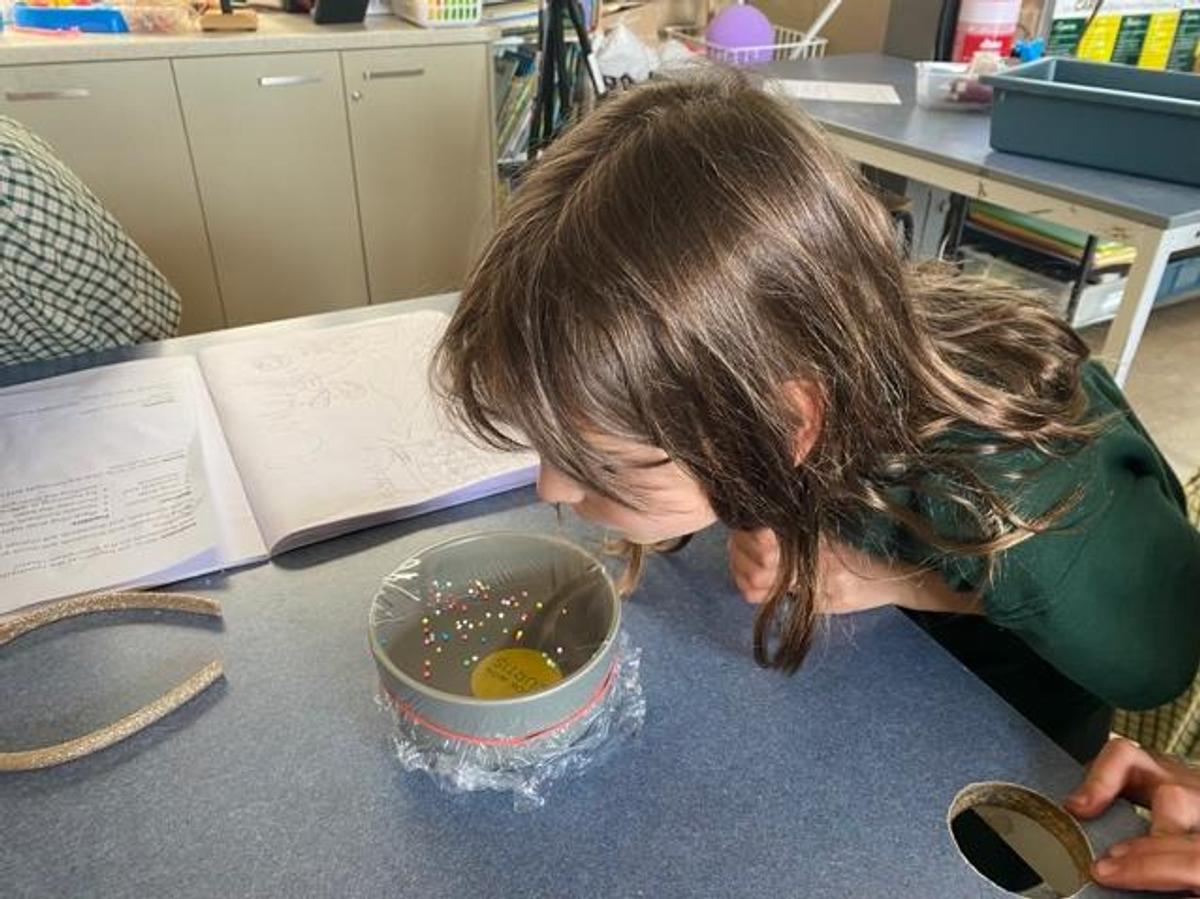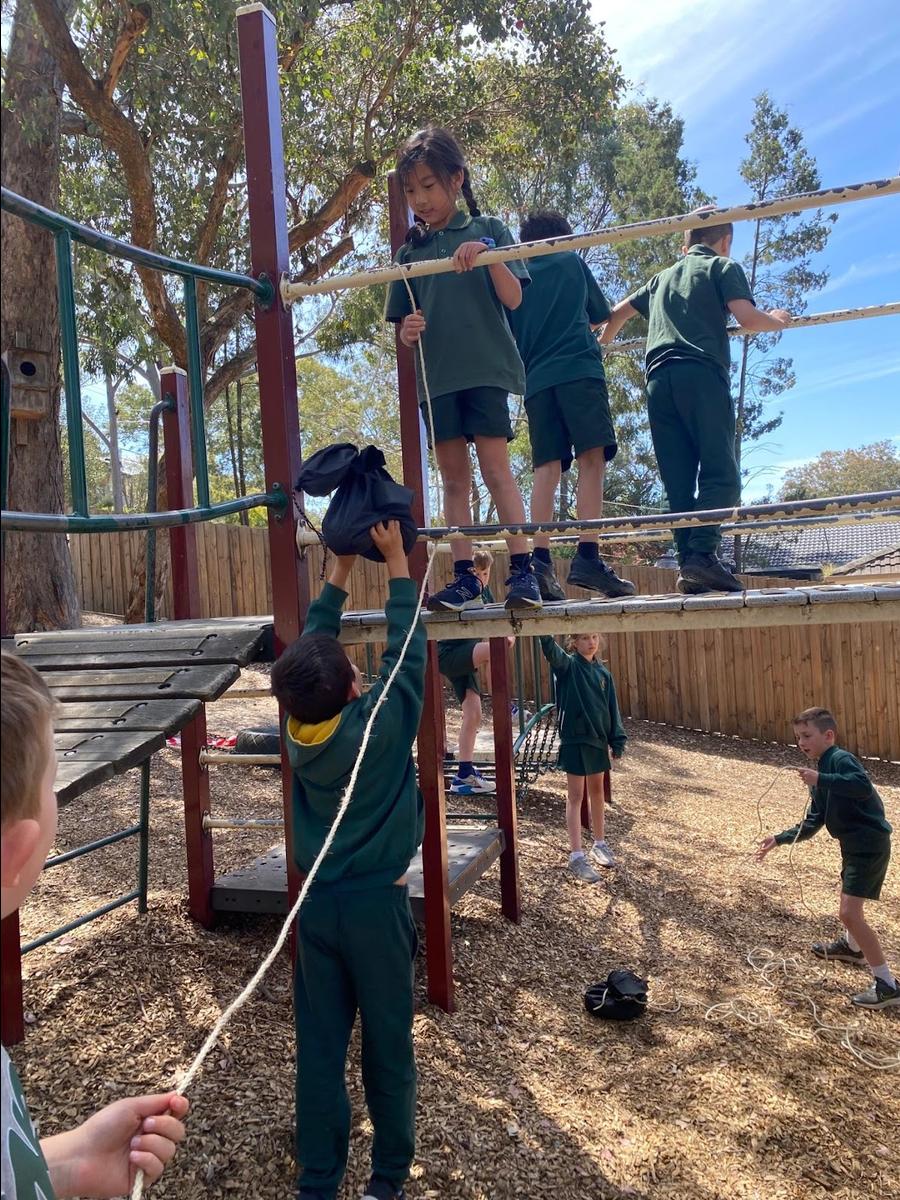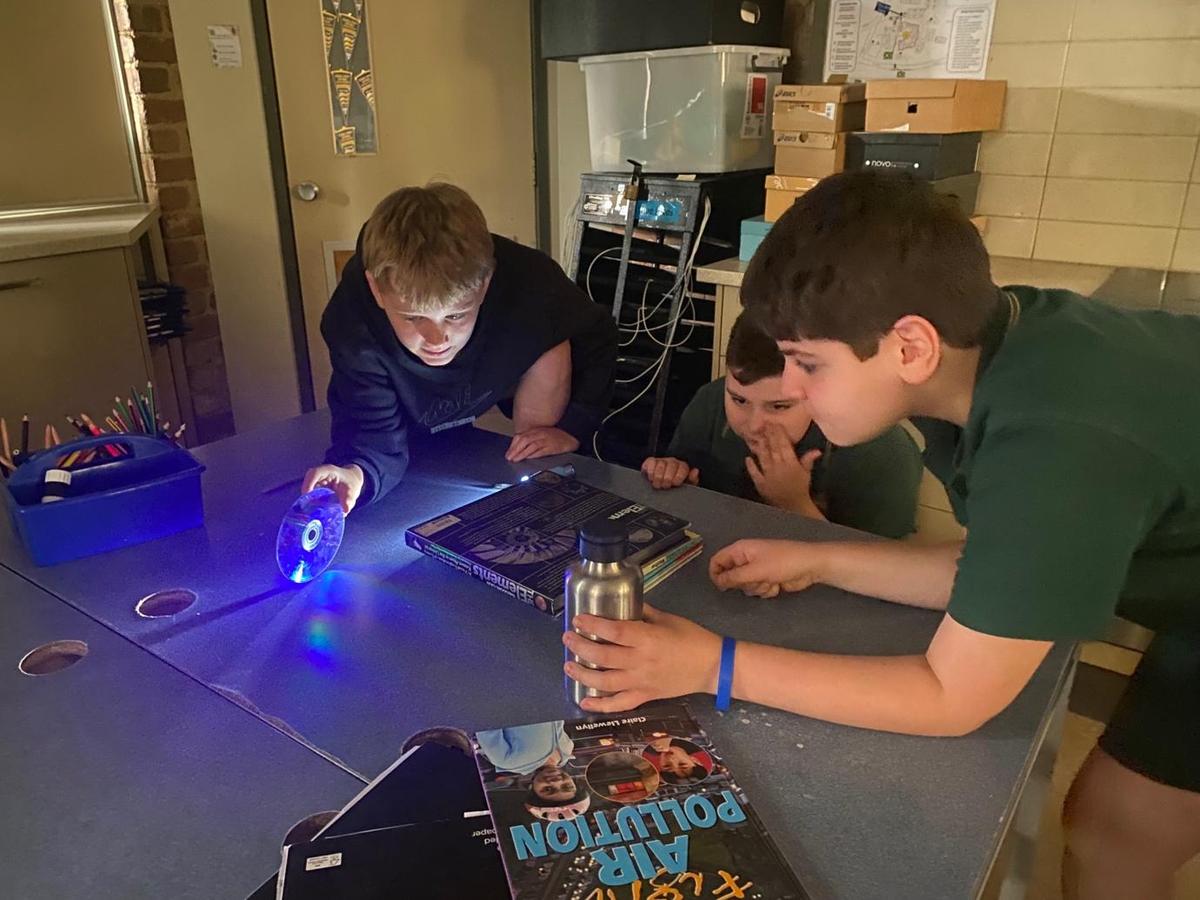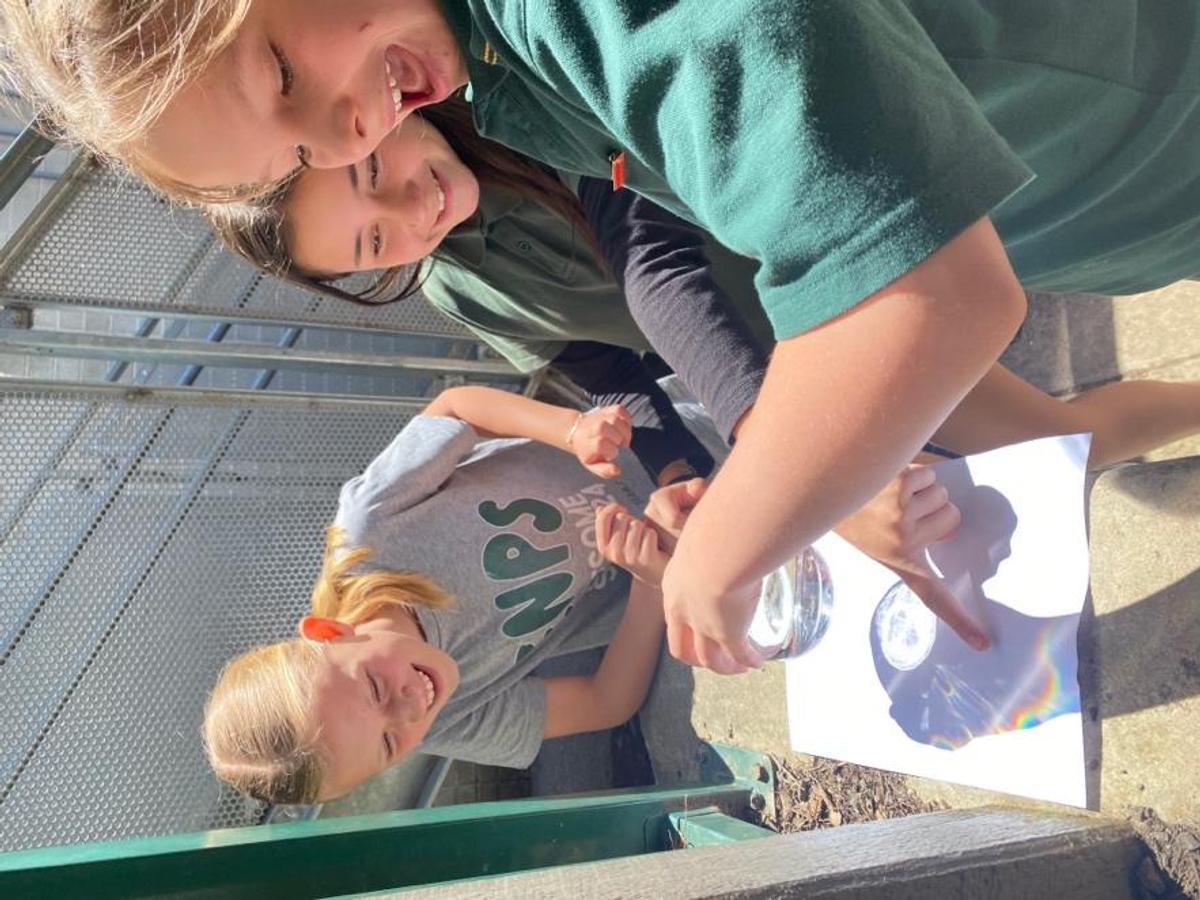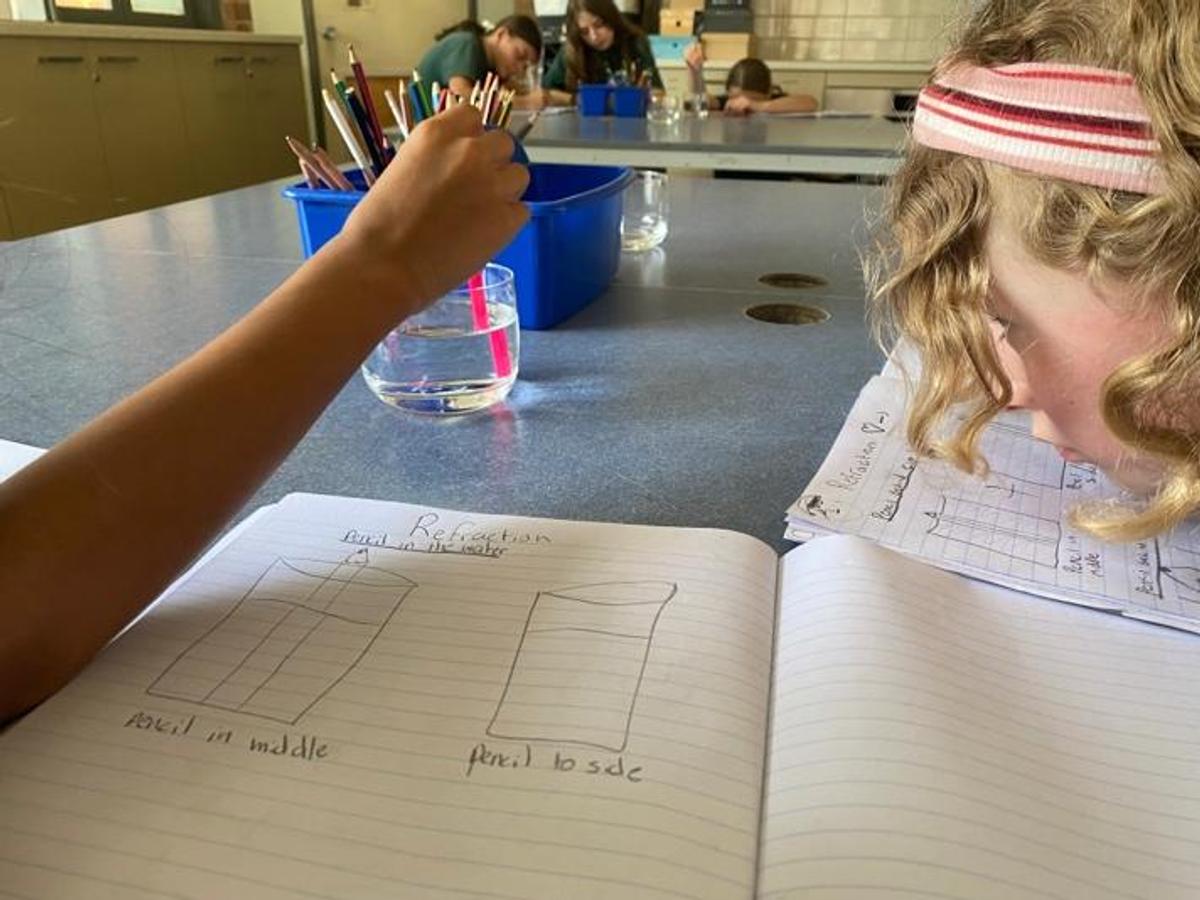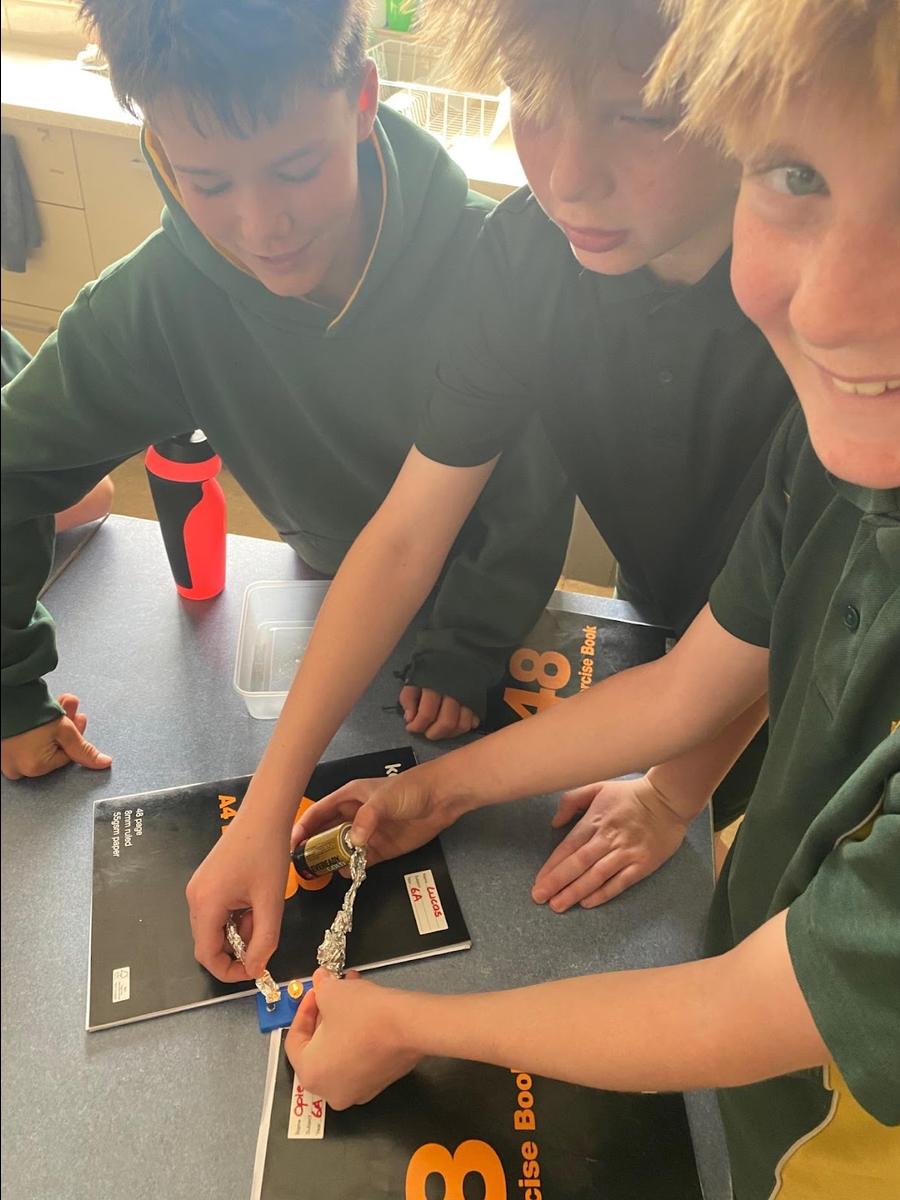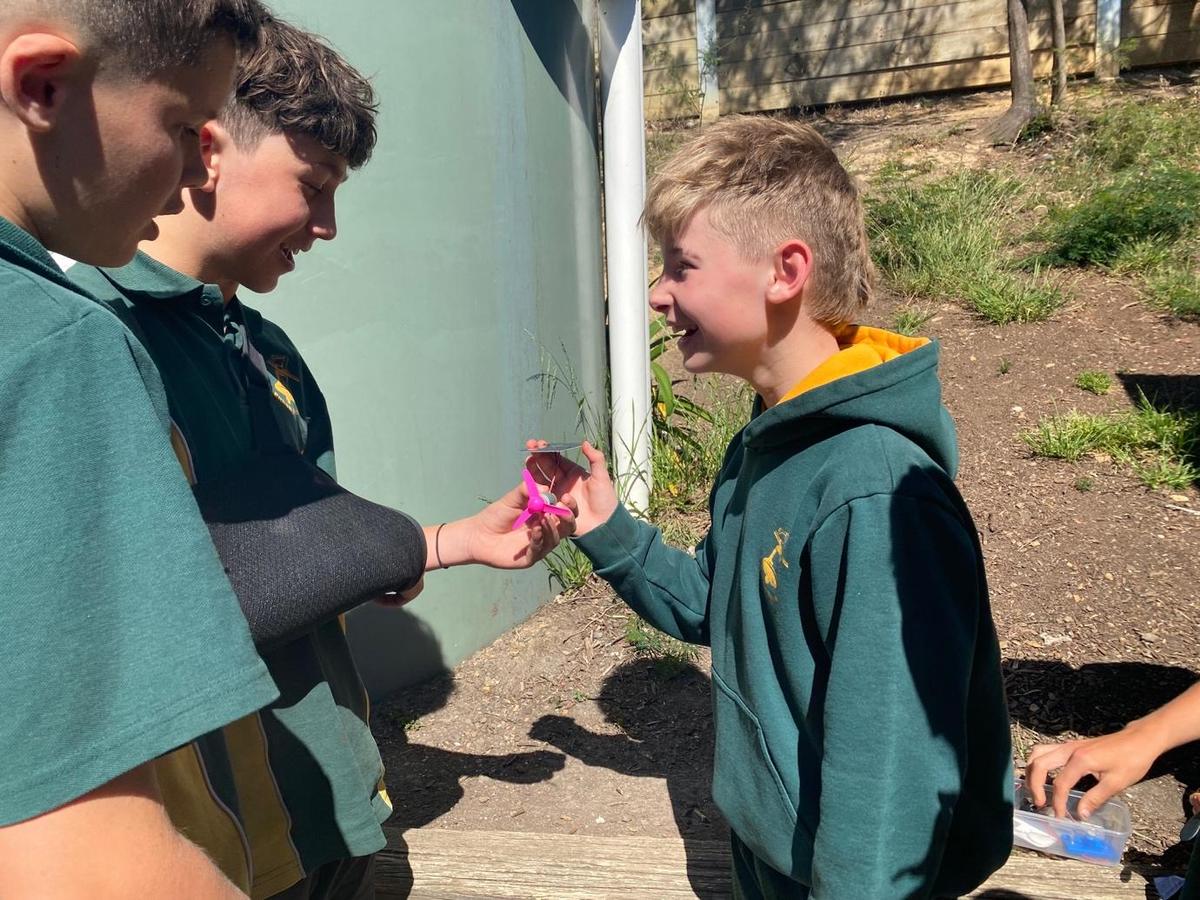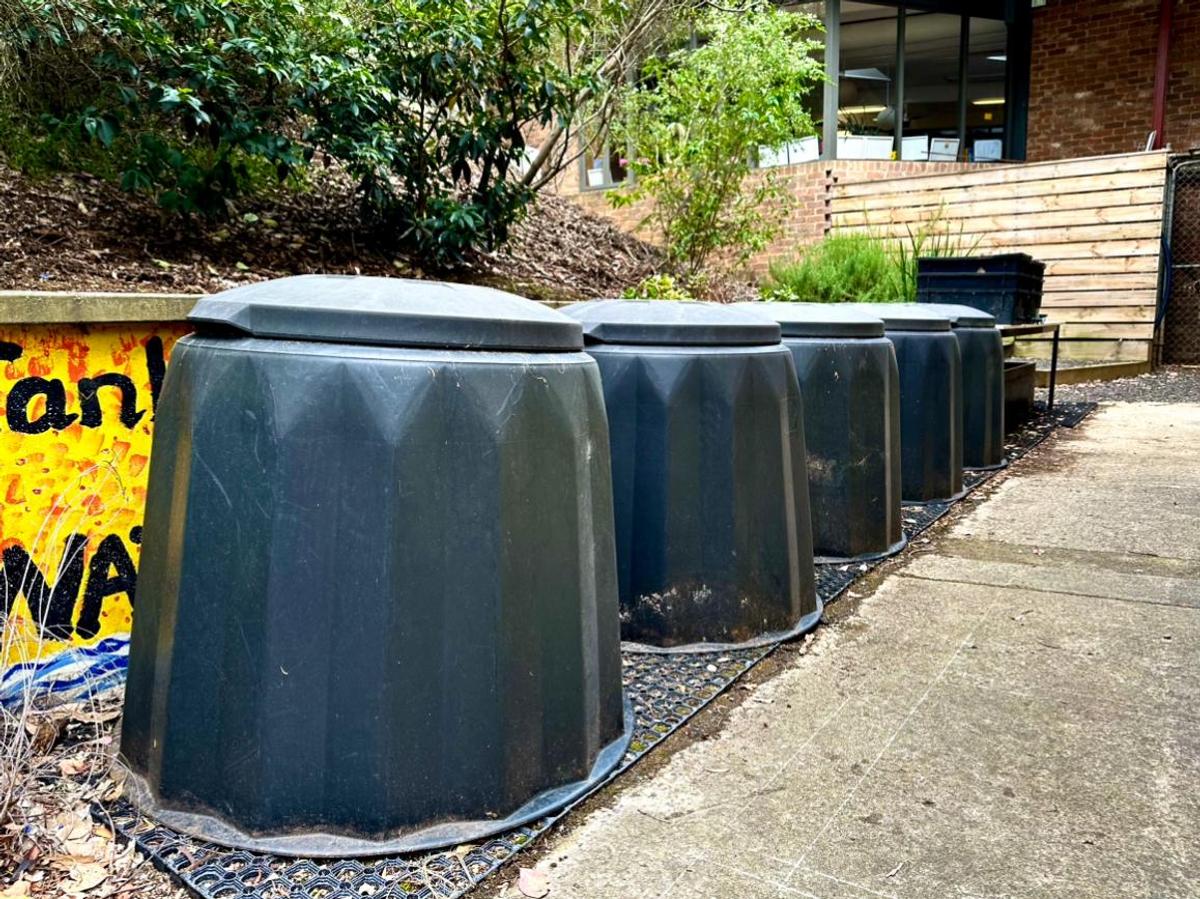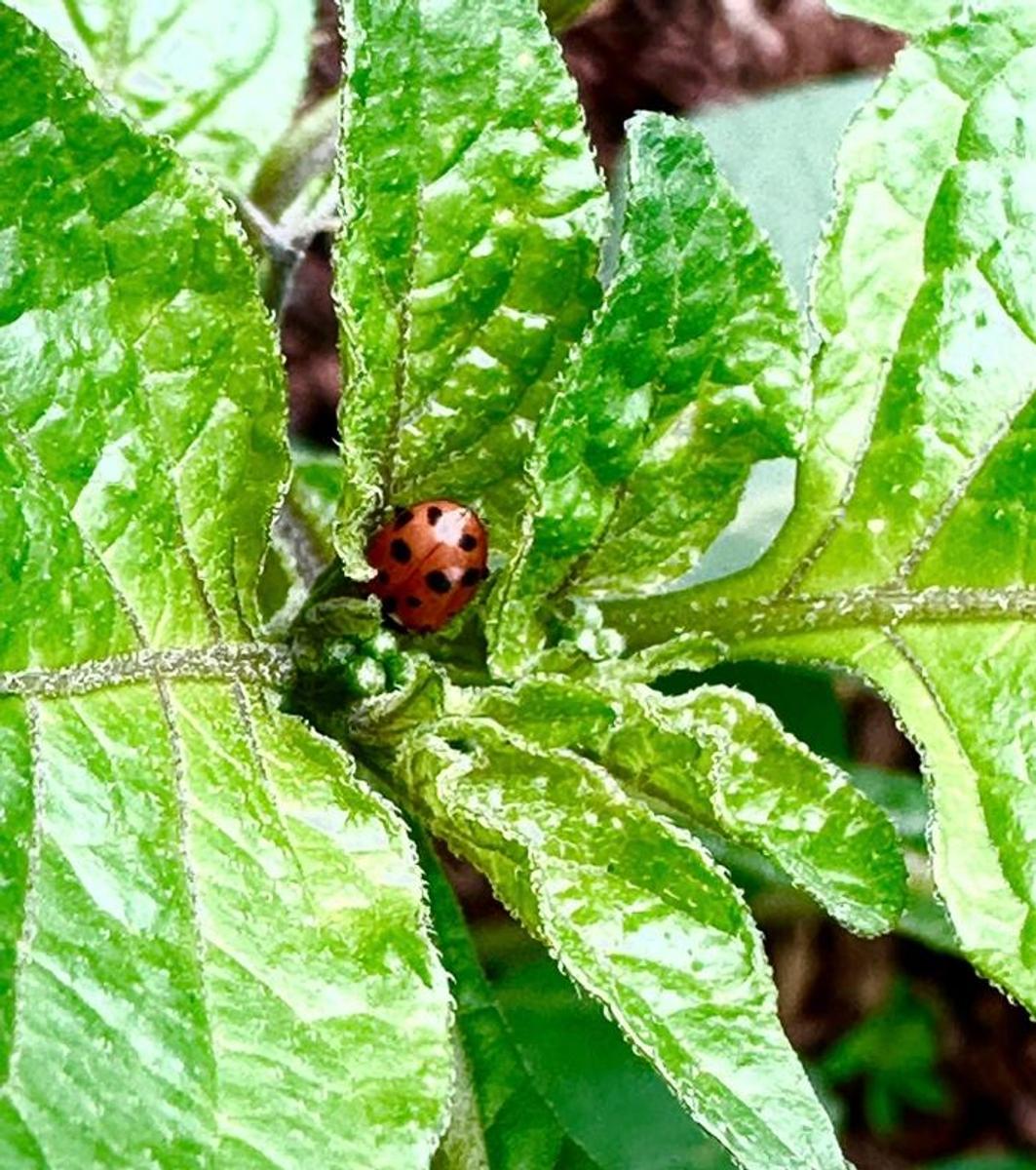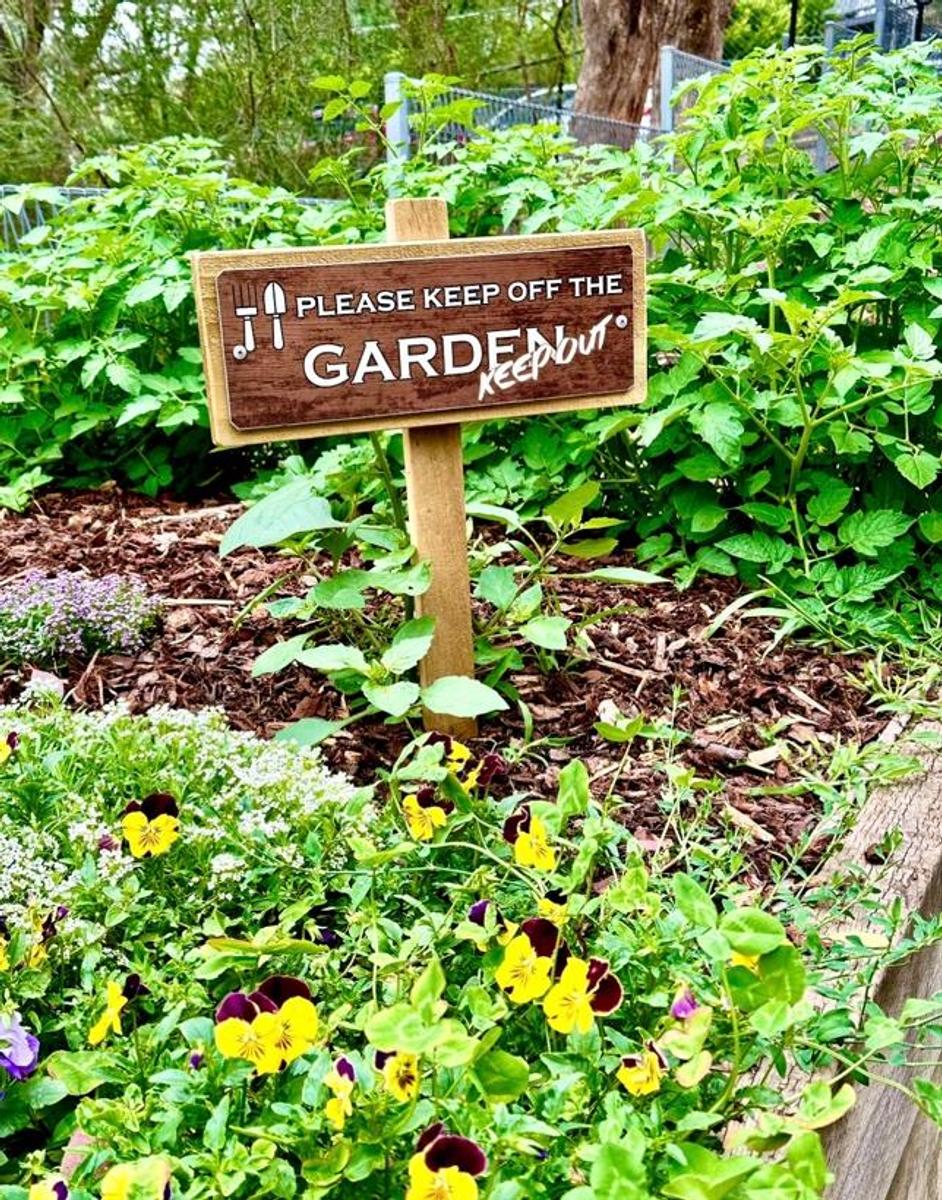Specialist

Library
Book Club Issue 8
Book Club Issue 8 is now open online for orders (via Loop) please use the links below to view this issue, or place orders via Loop.
If you made a purchase in Issue 7, you will receive a $5 voucher for Issue 8 in your inbox from Scholastic!
Congratulations to Audra
Audra Barnett riding her Pony Prinni who represented Eltham North Primary in the interschools competition at the Lilydale and Yarra Valley show on Sunday. Audra walked away with many awards and came first in the interschools year 4-6 primary rider and first in the interschools handling across all primary ages. It was cold and wet but she kept smiling. Well done to Audra!
Christmas Carol Concert - Wednesday 11th December
SCIENCE
The learning of Physical Sciences has been so much fun this term!
Prep students learnt about how they use their senses to learn about the world around them, and did activities involving feel, sound and smell. At the moment students are looking at how things move and are focusing on what makes something slide and roll.
Grade 1 students are currently exploring light and sound. They have learned how light travels, reflects, and how a coloured light can change the colour of an object. Students are now exploring sound and are starting to understand how sound travels via vibrations. Students had fun watching hundreds and thousands vibrating over glad wrap on a bowl while they hummed.
Grade 2’s are learning about the concept of movement through push, pull, gravity and are starting to explore simple machines. Students have had fun working through challenges requiring them to use pulleys and levers and will use all this knowledge to design and build a Rube Goldberg machine in the classroom. It’s been fantastic hearing stories of students starting to make their own Rube Goldberg machines at home!
Grade 3 students are exploring the concept of heat: what it is, how it is created, and how it travels. Through hands-on activities, they learnt about conduction and materials that are good conductors of heat.
Grade 4’s have delved into how an object requires direct or indirect force to move. They have done a lot of activities demonstrating push, pull, gravity and air resistance. Students showed their competitive side when playing tug of war to better understand friction, particularly when they put on gloves covered in detergent!
Grade 5’s have been studying ‘light’ this term. They have undertaken many activities and challenges to inform their knowledge of what light is, how it moves, and how they can make it move (reflection). Students loved learning about refraction through the making of rainbows and delving into why a pencil looks bent in a glass of water and how a glass of water can reverse images on a piece of paper.
Grade 6’s spent the term learning about electricity as a source of energy. Students have understood the different sources of electricity, including fossil fuels, solar, hydro and wind. Students had a fabulous time during an incursion run by Origin Energy Foundation, where they made solar buddy lights for children in Papua New Guinea and wrote letters to these children. It was a very engaging and meaningful incursion and many thanks to the Origin Foundation and the philanthropic work they do in communities and allowing us to be part of this. Students have also been making simple circuits, testing solar, testing different materials as insulators and conductors and using switches in their circuits.
Enviro Club News
Did you know that composting is nature’s way of recycling?
Here at ENPS the Enviro kids have been busy implementing a new composting system throughout the grade 5 and 6 areas. We hope to have compost bins throughout the entire school by the end of Term 1 next year, which will help reduce the amount of food waste going into general rubbish and provide a source of nutrient rich compost that we can use on our gardens at ENPS.
A huge thank you to Cassie May, Bob Bloxham and Brad Blake, who sacrificed their time on the Melbourne Cup long weekend to come and help rejuvenate our composting and worm farm area. The students have been very excited to learn about using the revitalised composting area and have designed a new composting program that rotates food waste through each composting station. This allows organic materials, like fruit and vegetable scraps, to be broken down by bacteria and fungi from complex substances into simpler compounds. Eventually, our compost will resemble dark, rich soil, full of beneficial microbes that will help rejuvenate our gardens and enrich our soils.
If you’re curious about how to compost at home, we’ve outlined some of the things you can and can’t compost to help you start off on the right foot:
Getting started composting
You start off with some key ingredients - nitrogen rich ‘green’ products, and carbon rich ‘brown’ products. The other two critical ingredients are air and water.
Here is a list of things you can and can’t compost:
‘Green’ products – nitrogen rich:
- fruit or vegetables scraps
- garden trimmings and prunings
- grass clippings
- tea leaves and coffee grounds
- chicken, cow, and horse manure.
‘Brown’ products – carbon rich:
- dried leaves and grass
- straw
- shredded paper.
AVOID adding these to your compost pile:
- meat scraps
- dairy products
- cat and dog droppings
- plastic, unless it meets the Australian Standard for Home Composting

